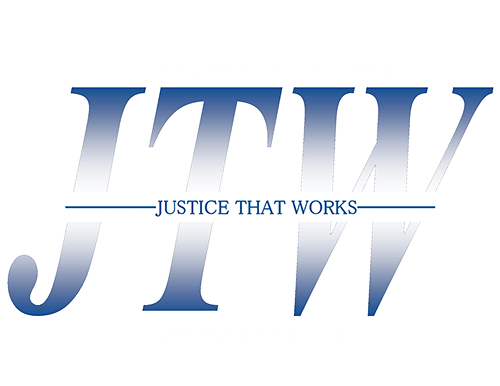
While state legislatures can set rules on how lawsuits are conducted, the ultimate authority for overseeing state laws is the state’s Supreme Court, which decides the constitutionality of all legislation on the books. In 2019, the Kansas Supreme Court surprised many business groups by ruling that it was unconstitutional for the state to establish a cap on damages for noneconomic injuries in personal injury lawsuits.
Business groups in Kansas were critical of the ruling, warning that it would lead to higher insurance costs across the state and hurt the business community. Many attorneys, though, countered that the decision was a fair one that could benefit those who get injured in car accidents and are unable to get a fair settlement from their insurance company.
So what happens now that the court’s ruling is in place? Let’s take a closer look at the court’s ruling and what it could mean for personal injury cases in the future.
Why Did the Kansas Supreme Court Toss Out a Cap on Jury Damages?
Last June, the Kansas Supreme Court voted 4-2 that it was a violation of a person’s right to a jury trial if lawmakers placed a cap on the damages an injured person could recover in a lawsuit. The decision only applied to personal injury cases, and not wrongful death suits or to punitive damages. Since the court ruled that statutory damages cap were “facially unconstitutional,” their ruling affects not just future claims, but ones now pending in Kansas courts.
Writing for the majority, Justice Carol Beier noted that lawmakers should not be substituting their judgment for that of the jurors hearing the case. “Allowing this substitutes the Legislature’s nonspecific judgment for the jury’s specific judgment,” Beier wrote. “The people deprived the Legislature of that power when they made the right to trial by jury inviolate.”
The court made this decision based on a case filed by Diana Hilburn. She had been injured in a 2010 accident after her car got struck by a semi-trailer. A jury awarded Hilburn $33,490 for medical expenses and $301,509 for noneconomic losses, but Hilburn decided to appeal after learning that the jury’s noneconomic damages were capped at $250,000.
Why Do Critics Say This Ruling Will Backfire?
Critics of the ruling have included business groups, medical agencies, and state lawmakers. The cap on damages was approved by the Kansas Legislature in the 1980s out of concerns that liability insurance had become too expensive. Supporters of the cap said it would hold down insurance costs for the general public while offering protection against juries that opted for huge
runaway verdicts.
Numerous business groups in Kansas raised similar fears after the court’s decision was announced, and predicted higher insurance costs would quickly follow. The Kansas Chamber of Commerce issued a statement cautioning that as insurance costs went up, that would increase the number of uninsured defendants and mean more business owners facing frivolous but costly lawsuits.
The Kansas Medical Society took a similar view, saying that by striking down caps on noneconomic damages in medical malpractice cases, doctors would likely face higher insurance costs, which they would eventually pass on to consumers in the form of higher medical bills. Higher medical malpractice insurance premiums, they warned, could prevent some doctors from being able to set up practices in rural areas.
But not everyone decried the ruling.
Why Some Kansans Welcome this Ruling
While critics of the ruling said it would heighten the unpredictability of civil litigation and potentially lead to runaway verdicts, others noted that the ruling is a fair one since it can be difficult to determine the real cost of non-economic damages such as pain and suffering.
As many of the state’s personal injury attorneys have pointed out, juries can calculate damages for loss of wages or medical expenses. But people often turn to the courts for assistance in determining noneconomic injuries like loss of enjoyment of life after struggling with their insurance company.
With the court’s ruling, jurors can hear evidence and objectively decide what the noneconomic damages of a case should be, without having limits set by the Legislature for reasons that have nothing to do with each individual case.
It should also be noted that in Kansas, the number of annual car accidents has remained steady over the past few years, with 58,829 total car accidents in 2017 alone. The court’s ruling may encourage those who have been injured in a car accident to not hesitate about filing a claim and to move forward so they can receive the full financial compensation they deserve.
Experienced Kansas Car Accident Lawyer Will Fight for Your Claim
Southwest Kansas car accident lawyer Joseph T. Welsh helps his clients navigate personal injury matters. If you or a loved one has been involved in an auto related accident, Attorney Joseph T. Welsh can put his knowledge of the legal system and of how insurance companies operate to work for you.
Joseph T. Welsh, Attorney at Law is a former U.S. District Attorney for the District of Kansas with extensive experience with arbitration and mediation in and out of the courtroom. Contact his office today at (620) 510-5030 for a free consultation.
